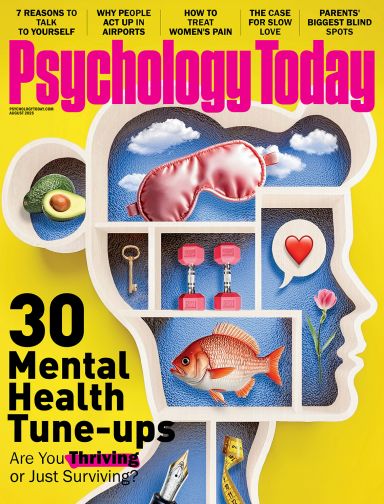Freudian psychology is based on the work of Austrian neurologist Sigmund Freud (1856-1939). He is considered the father of psychoanalysis and is largely credited with establishing the field of talk therapy. Today, psychoanalytic and psychodynamic approaches to therapy are the modalities that draw most heavily on Freudian principles. Freud also developed influential theories about subjects such as the unconscious mind, the sources of psychopathology, the significance of dreams.| Psychology Today
Anxiety is both a mental and physical state of negative expectation. Mentally it is characterized by increased arousal and apprehension tortured into distressing worry, and physically by unpleasant activation of multiple body systems—all to facilitate response to an unknown danger, whether real or imagined.| Psychology Today
The word “trauma” literally means wound, shock, or injury. Psychological trauma is a person’s experience of emotional distress resulting from an event that overwhelms the capacity to emotionally digest it. The precipitating event may be a one-time occurrence or a series of occurrences perceived as seriously harmful or life-threatening to oneself or loved ones.| Psychology Today
Stress generally refers to two things: the psychological perception of pressure, on the one hand, and the body's response to it, on the other, which involves multiple systems, from metabolism to muscles to memory. Some stress is necessary for all living systems; it is the means by which they encounter and respond to the challenges and uncertainties of existence. The perception of danger sets off an automatic response system, known as the fight-or-flight response, that, activated through hormo...| Psychology Today



